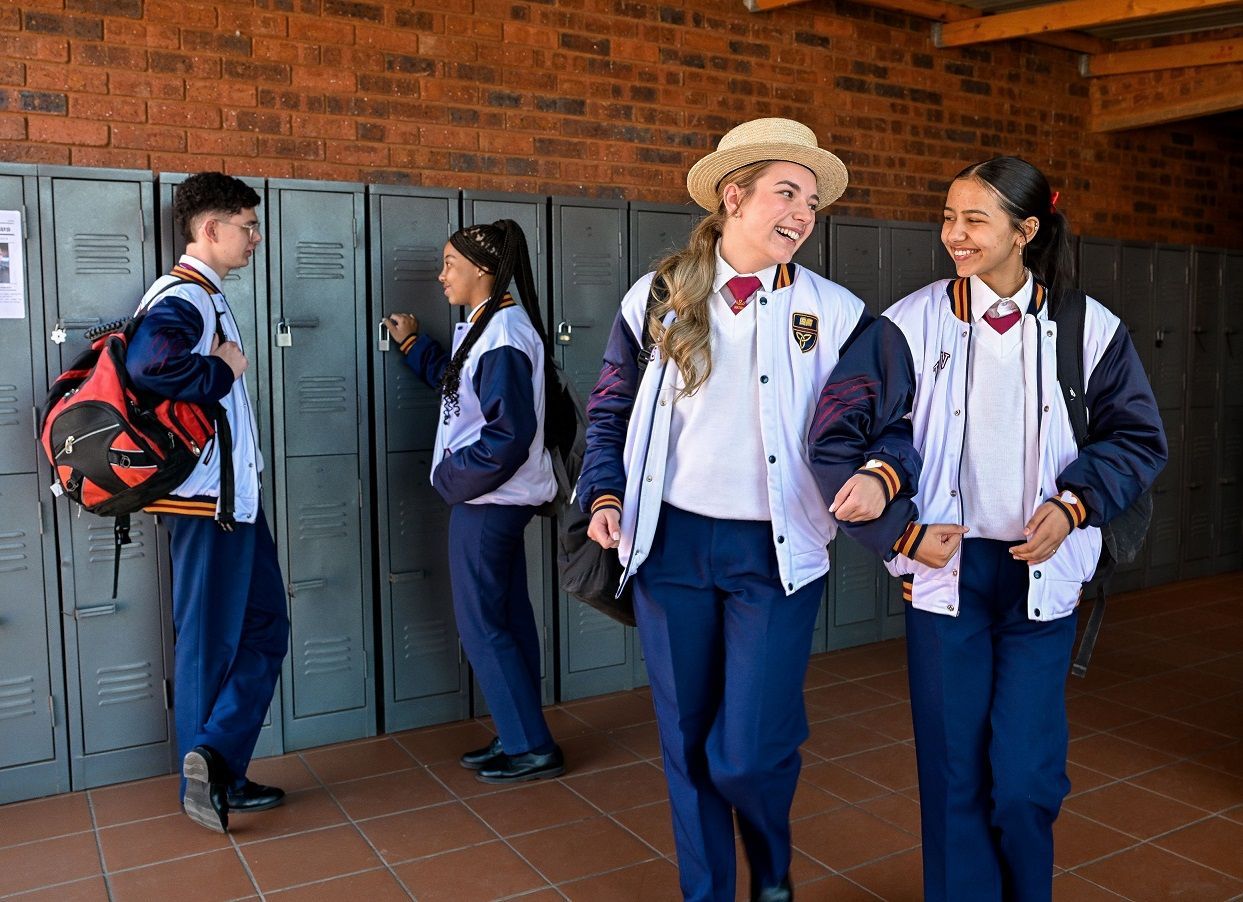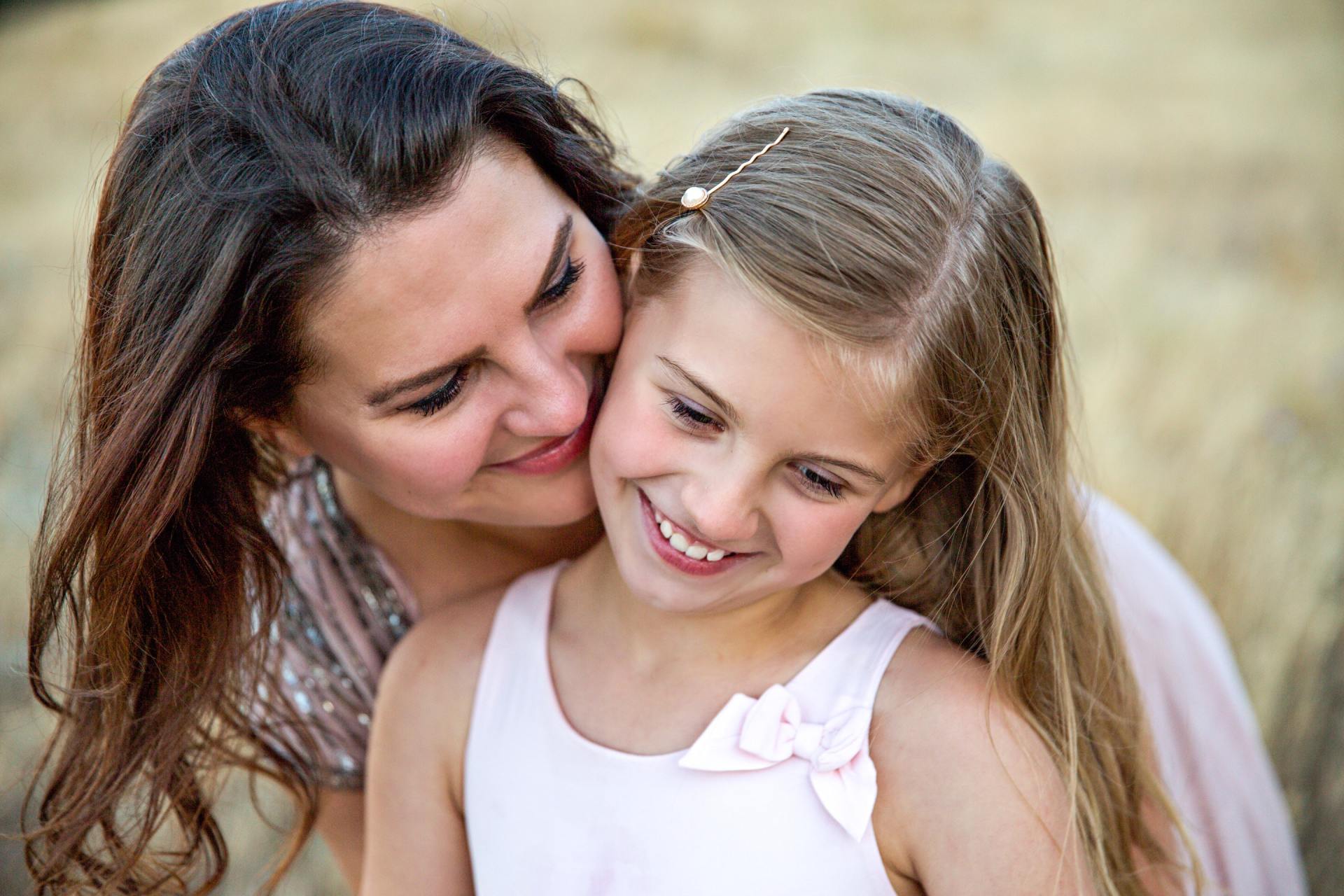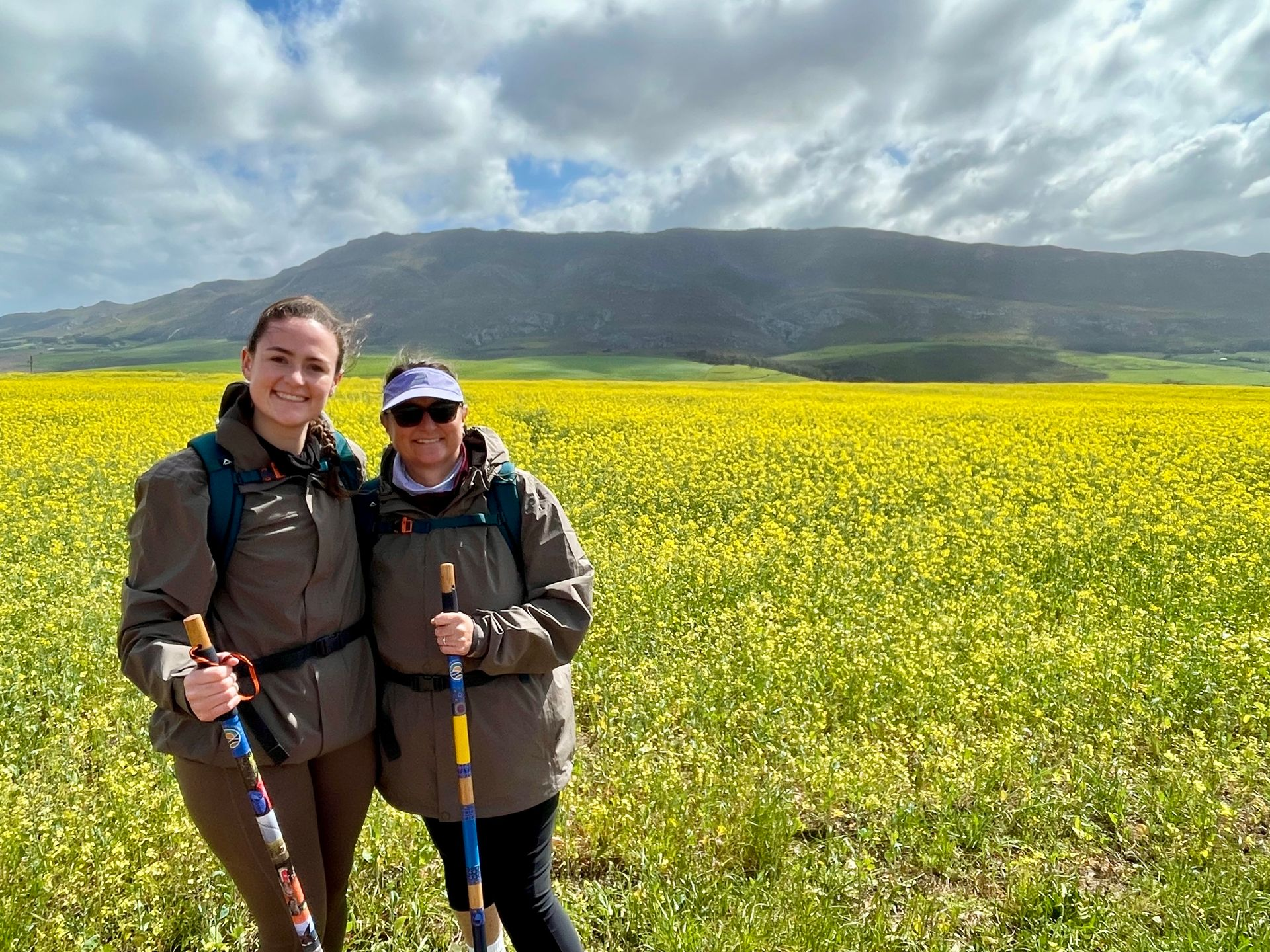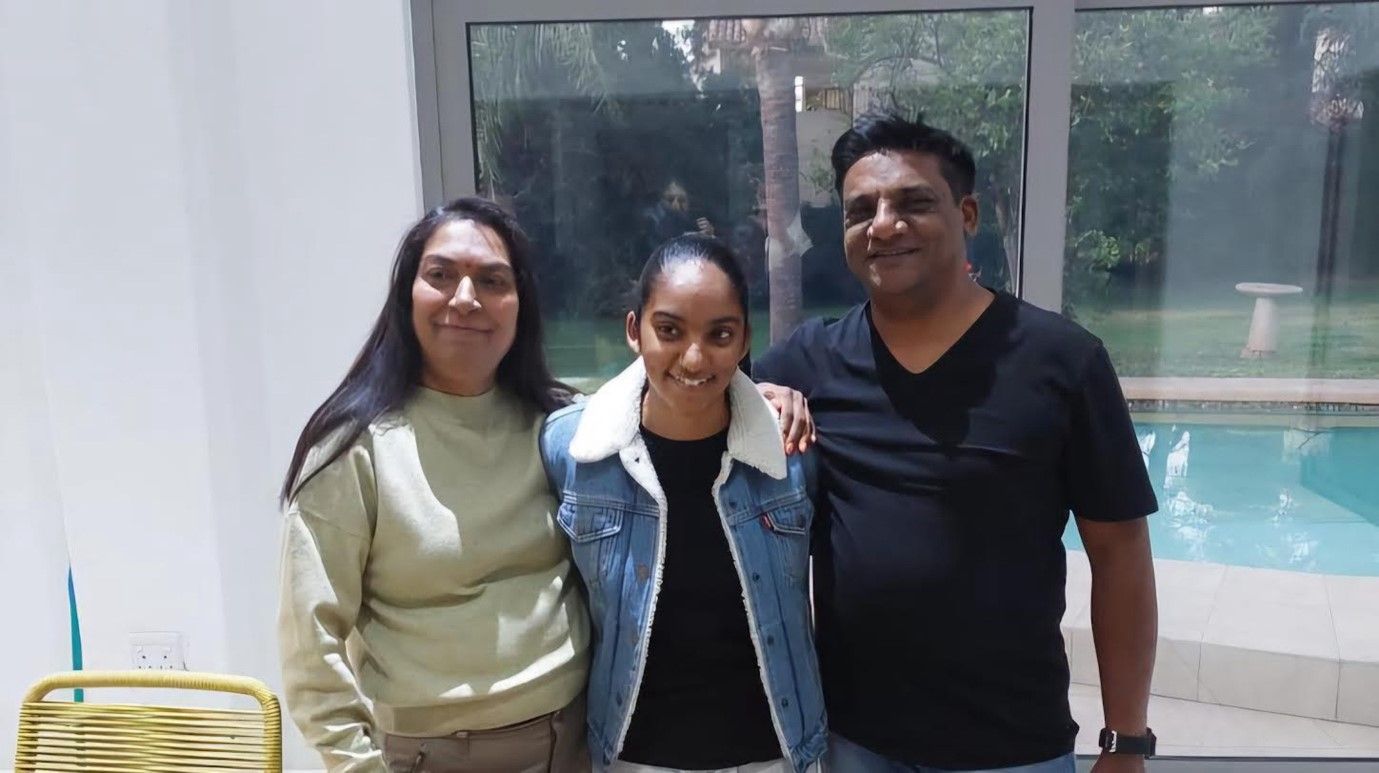Are we doing too much for our children? | TrinityHouse
As parents, many of us do things for our kids that we were able and expected to do for ourselves as kids. Our parents didn’t feel the need to negotiate with our sports coach, solve our every problem, or entertain us in our free time. A big difference from today, when all too often we are over-involved in many areas of our children’s lives. Sounds funny, I know. How can a parent be too involved or do too much for their child? Isn’t that just being a good parent? But when we don’t expect our kids to take responsibility for chores or their behaviour, and we attempt to smooth away all the bumps and bruises that are a natural part of childhood, we aren’t doing our kids a favour. Instead, we’re bringing them up to avoid taking personal responsibility and to expect that others will take care of things for them – even when they are really able to take care of it themselves. We’re teaching our kids that life is full of unmanageable problems, when what we actually want them to learn are the basic skills to manage those problems. Stepping back and taking on the role of coach and teacher
instead of “do-er” and “fixer” was one of the hardest things I had to do as a parent. But it is also one of the best things you can do to help your child build their social and problem-solving skills and at the same time learn responsibility.
We are often placed under pressure from our careers and households, which ultimately results in us spending less quality time with our children. Work and other responsibilities mean that we aren’t home, but consistently in the background. This leaves us feeling guilty. And guilt leads to over-doing, without us even realizing we are doing it! We do this partly because life is busy and we just trying to get through daily tasks, partly because we can do things better and faster than our children, and partly because we prefer not to see our children uncomfortable or not doing well. We also over-do when we are tired or strapped for time. It often seems easier to just go ahead and do the work ourselves. Making the time to teach our child to do a task, coaching them through the process, and holding firm with expectations takes patience – which is something hard to muster after a long day at work!
So how do we know when we are over doing-it?
Think of it this way. When you come home after having to work late and find that your daughter’s homework isn’t finished (again) and your son is sulking because he argued with a friend, ask yourself these five questions before you do anything:
1. Are you fighting the same battles over and over and getting no further ahead?
2. Whose chore is it? Mine or my child’s?
3. Whose challenge is it?
4. Who should be responsible for getting it done?
5. What do I usually do in these situations? Do I swoop in, taking care of everything (over-doing)?
If you come to the realization that the chore (or the problem or responsibility) is your child’s and that your typical response is to over-do, then it’s time to step back and find a different approach. This doesn’t mean that you have been a bad parent; it just means that you’ve taken on too much of what belongs to your child. It also doesn’t mean that you don’t love your child – you do – but now it’s time to try a more effective way to help them grow up.
What happens when we over do for our children?
If you always remind your child to do her homework so she won’t forget and receive a bad mark in school,
you have done something for her that in the short-term may be helpful, but in the long-term is problematic because your child is not getting the opportunity to learn how to be responsible for herself, or to practice important life skills such as time management and self-discipline. Similarly, if you always bring your child’s coat (or lunch, or homework) to school after she forgets it at home, she won’t have the unpleasant experience of not having a coat (or lunch or homework) that will in turn motivate her to do it herself the next time (a.k.a Natural consequences).
Over-doing teaches the wrong lesson in encouraging children to avoid unpleasant tasks and challenges instead of facing them. This in turn creates manipulative behaviour where they learn to expect things from others instead of taking responsibility for themselves. Thus, further learning to underestimate their true capabilities. If your daughter or son has never tried new or different things, they won’t know how to start or how to pick themselves up and try again. They’ll think it can’t be done. Which will result in you as the parent feeling exhausted, not having accomplished much of a positive outcome in the long-run, and your child developing a fixed mindset.
Protecting your child from life’s knocks comes at a price. Children need to learn to manage setbacks which they won’t if we always shelter them. As tempting as it is to be the one to negotiate with the coach for more playing time, what will your child do when they’re on a team where the coach expects direct communication from the players? How will your child learn to speak for him or herself?
Opportunities for growth
Instead it is important to create opportunities for growth. Making mistakes and experiencing ‘failure’, disappointment or discomfort are essential life experiences that provide the opportunity for children to do better and to practice new skills. It is natural for parents to want to buffer children from these unpleasant experiences, but we make enormous future trade-offs when we do so. Learning to manage obstacles in life makes us all strong people. If we step in, we stop the learning process and run the risk of stunting our children’s growth. We prevent our children from developing the courage needed to try new things, even when it is hard or they may not succeed, whilst still in the sheltered environment of the family.
Rather take on the role of teacher and coach, supporting your children through the difficulty, while letting them discover their own potential and capabilities.
I see this as a ‘right’ of growing up- to learn from our problems and become stronger, more capable individuals. If you take over and don’t allow your children to come up with their own solutions and discovering their strengths, you may be preventing them from finding their path to resiliency. It’s the challenging twists and turns in life that often teach us the most about how strong we really are. These experiences and the learning that comes with them are essential to becoming responsible and capable adults.
Obviously, we can’t let go completely as parents. We need to make sure that our children are safe and secure, and have the skills to manage problems that come their way. This often takes planning on our part, along with awareness of how our children learn and what support they need. It also takes some trust in our child’s abilities to do more for him or her self- not always easy, I know.
Coaching, Not doing
Hands-on involvement- as a coach and teacher- will help your child develop the skills necessary to face new or disliked tasks and overcome obstacles. For example, if a disorganized primary school learner really needs to clean his room, it is most likely that he needs your involvement to learn how to effectively do this. Working alongside him instead of doing it for him, teaches him what is needed to complete the task. Or maybe your middle school daughter proclaims her hatred for assigned reading.
Offer to read the book with her so that you can both talk about it together, discussing her perspective and what you both found to be interesting. Using this approach, you teach your daughter the enjoyment of reading and helping her think through her book report without doing the work for her. Both examples incorporate parental teaching and coaching roles. By doing with instead of for, you are also spending more time with your child while developing their skills and building their character. It’s a win on both parts.
Keep in mind though, parent the child you have and not the one you wish you had. There are children whose behaviours can make this work so much more difficult. Children with learning challenges, attention problems, academic weaknesses, constant agitation, irritability or defiance have behaviours that place greater demands on you as the coaching and teaching parent. Remember to tailor your approach, based on your child’s needs. Maybe you will need to explain things over and over again until your child really understands. Or find creative ways to teach and reinforce new skills, like using charts and tangible recognition. You may need to break tasks down into smaller pieces and teach and coach one step at a time. You’ll need to understand your child’s specific challenges, coaching those challenges or needs and working towards gaining insight about what works for your child. It is hard work- but it will pay off. It does take patience, insight and a willingness to remember why you’re going through all this effort, you are teaching your child to solve problems and manage life’s obstacles so that they can become responsible adults.
For many parents, we will have to work on this our child’s entire life. It’s a process that changes as you and your child change. As you get better at stepping back, and as your child picks up skills and abilities, there will be improvements. Your child will grow into a capable and responsible person. It should be a parent’s delight to help our children learn how to deal with life’s obstacles, to slog through the hard stuff. It may feel like a tough job at times, but you can both do it… learning and growing along the way.















